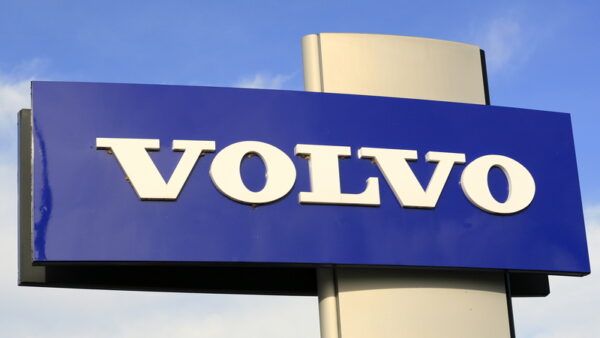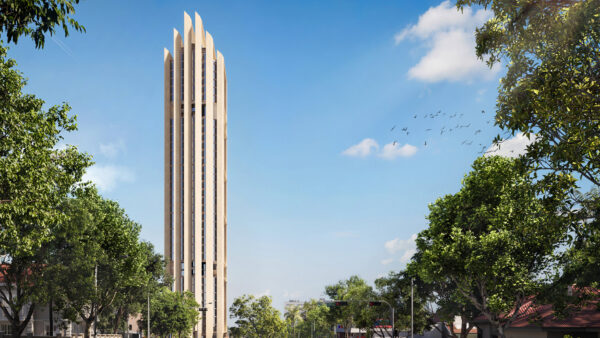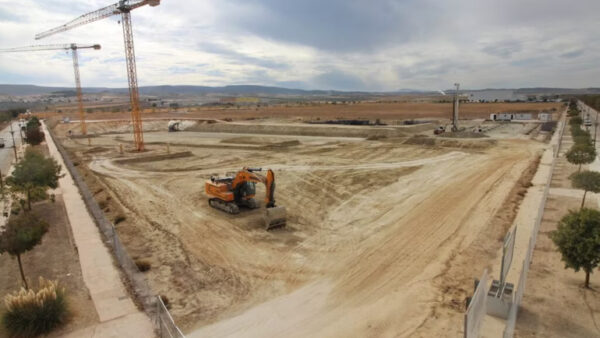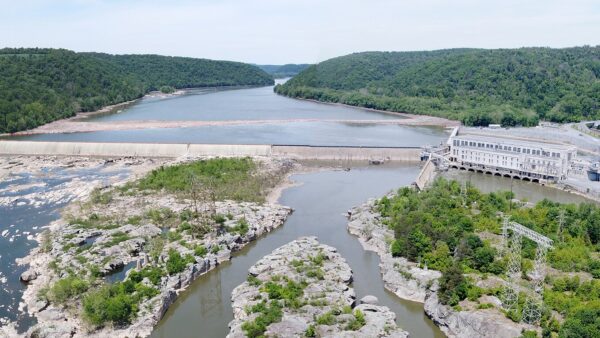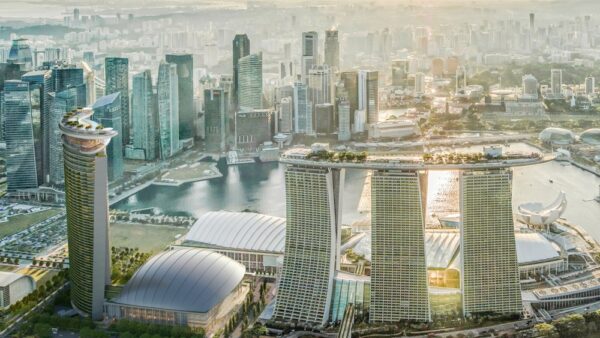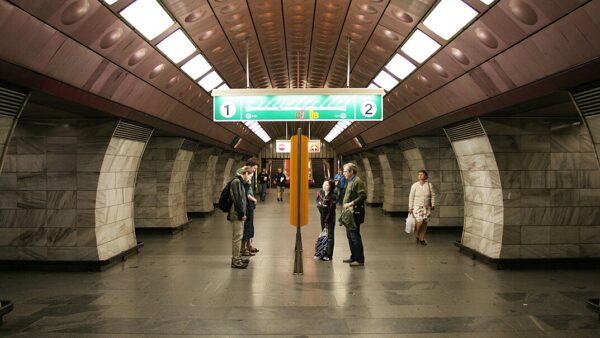Having won a comfortable majority in South Africa’s elections earlier this month, re-elected president Jacob Zuma has pledged a major infrastructure push, and is fighting back against allegations of corruption.
South Africa’s ANC government made two very different construction-related announcements after it gained its fifth consecutive election victory on 7 May.
One is that it will undertake an $80bn infrastructure programme, and the other is that it will launch a legal challenge to an ombudsman’s report, which found that its president Jacob Zuma “unduly benefited” from the expenditure of public money on his private home.
After his victory, Zuma said the ANC’s 62% share of the vote gave it “the green light to implement South Africa’s National Development Plan and to promote inclusive economic growth and job creation.” He added: “There is a lot that we have to do and we are determined to do more as we build the society outlined in the National Development Plan (NDP).”
The plan, formulated last year, is intended to improve water, power and transport networks, and stimulate higher economic growth. The South African economy has been expanding at an average rate of 3.5% over the past 10 years. The development plan aims to increase this to above 5% between now and the 2030.
According to the NDP, investment in infrastructure should reach 10% of GDP, “financed through tariffs, public-private partnerships, taxes and loans and focused on transport, energy and water”. The country’s public sector capital investment stood at 7.4% in 2010, and investment by private enterprises amounted to 12.2%.
In recent years, South Africa has invested heavily in power stations and now has a generating capacity above that of Turkey and Australia. Renewable energy features strongly in the NDP, which sets the target of building 21% or 18.9GW of capacity by 2030.
It also calls for more nuclear power stations. At present South Africa is the only country in Africa with nuclear power: two reactors at the Koeberg nuclear power station generate 5% of the country’s electricity.
There is a lot that we have to do and we are determined to do more as we build the society outlined in the National Development Plan (NDP).– Jacob Zuma
In February of this year Zuma announced in his state-of-the-nation address that he intended “to conclude the procurement of 9,600 megawatts of nuclear energy”, and the following month the South African government held talks with China that covered nuclear energy construction and infrastructure funding.
The plan is opposed by Cosatu, South Africa’s confederation of trades unions. A report by the body last year accused the plan of being “riddled with inconsistencies and errors, as well as selective and incorrect interpretations of the key literature. It completely confuses a number of its own figures and projections on poverty, employment etc. and makes elementary mistakes in terms of what these say”.
Meanwhile, the ANC has decided launch a legal challenge to a report produced by Thuli Madonsela, South Africa’s public protector, which criticised Zuma for spending public money on his private residence in Nkandla.
A government spokesperson said last Thursday: “We are not taking the public protector to court. We want her report to undergo a judicial review, possibly in the high court in Pretoria,” acting government spokesperson Phumla Williams said on Thursday.
The ANC will argue that Madonsela’s findings were irrational, contradictory and contained material errors of law.
Madonsela’s report found that President Jacob Zuma and his family had unduly benefited from $23m worth of security upgrades to his private homestead in KwaZulu-Natal. The upgrades included a swimming pool, a cattle kraal, and an amphitheatre.
She recommended, among other things, that he pay back a portion of the money.
Madonsela has become a household name in South Africa for her efforts to fight corruption and was named as one of Time magazine’s 100 most influential people in the world earlier this year.

